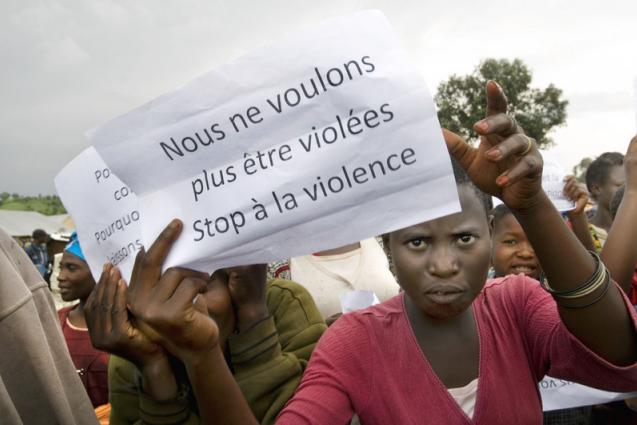This signifies a drop of 58 percent, according to an untitled report about the project released on Wednesday.
UK aid-backed research programme ‘What Works to Prevent Violence’ studies effective ways to reduce rates of violence against women and girls around the world.
It is a pilot in the Democratic Republic of Congo that has dramatically cut violence against women by 58 percent.
The project trained faith leaders and community volunteers in 15 remote and conflict-affected communities to speak out and make violence socially unacceptable.
The project is working to challenge the social acceptance of violence against women and girls in the DRC.
Women’s experiences of sexual violence from a non-partner also reduced from 24 percent to 4 percent – a more than five-fold reduction, the report added.
Supported by UK aid, NGOs Tearfund and Heal Africa trained faith leaders and community volunteers in 15 rural and conflict-affected areas in Ituri province to challenge harmful attitudes which drive gender inequality, and to make violence against women and girls socially unacceptable.
The faith leaders were trained to speak to people in their communities about the issue and were encouraged to raise the subject in sermons, prayer groups and youth groups.
Engaging with both men and women to challenge their traditional attitudes about gender and violence was key to achieving these results.
At the start of the research, more than 50 percent of men and 43 percent of women surveyed said there are times when a woman deserves to be beaten.
By the end, this proportion almost halved.
As well as women experiencing less domestic violence, the percentage of men reporting that they had carried out domestic violence dropped from 68 percent to 24 percent.
International Development Secretary Penny Mordaunt was quoted as saying “shockingly, one in three women are beaten or sexually abused during their lifetime, making violence against women and girls one of the most widespread human rights violations in the world”.


